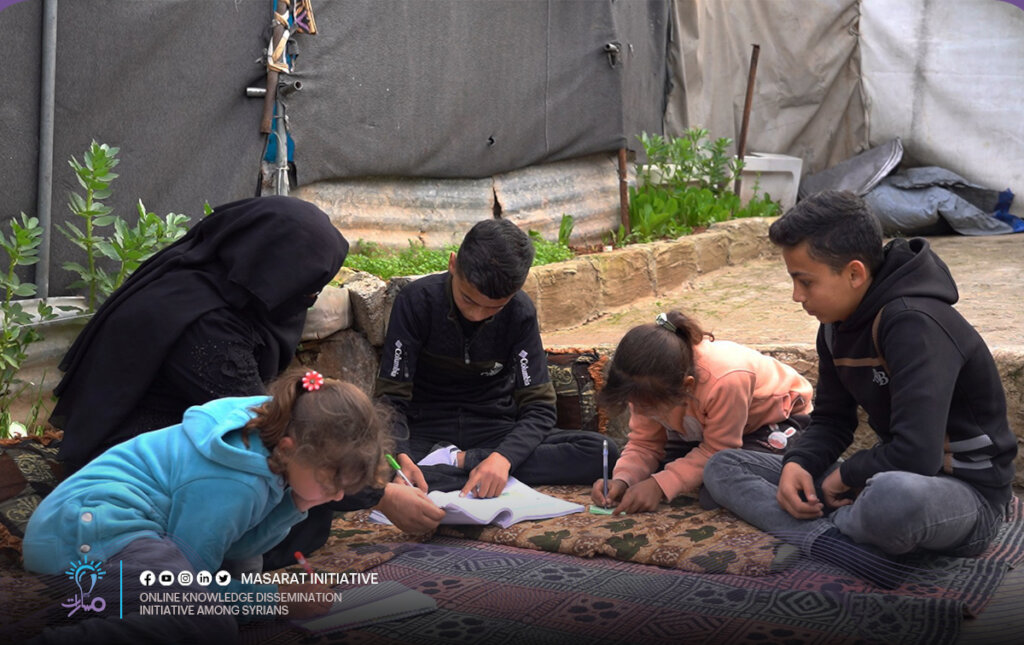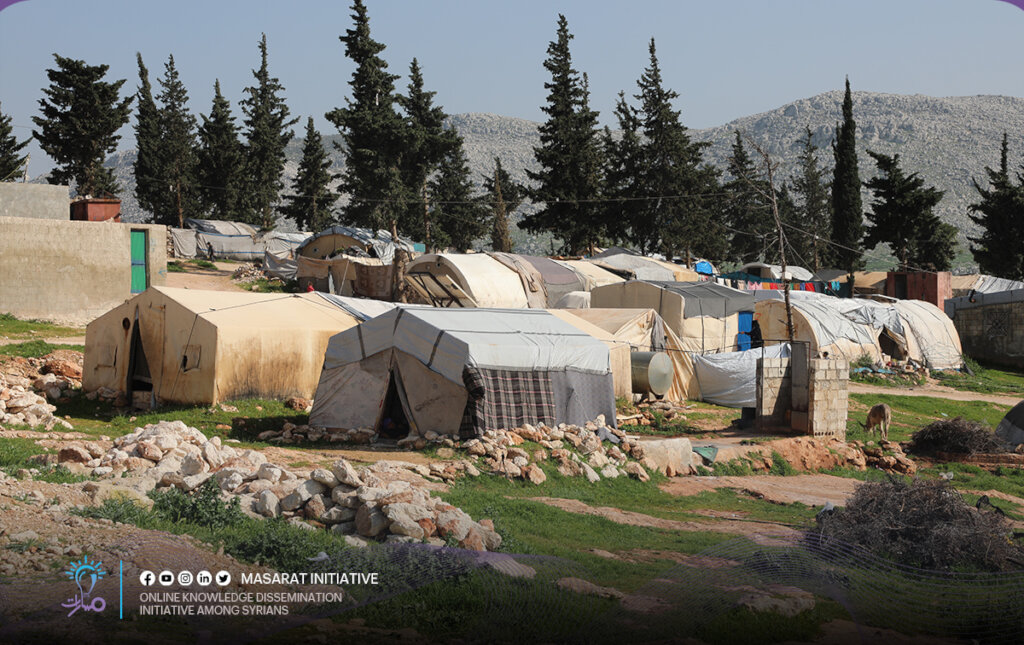When the honor of place and time converge, and we feel the spiritual moments where Allah’s mercy is manifested, with the increase of emancipation from the Fire by Allah’s mercy, it must be the ninth day of Dhu al-Hijjah, about which the Prophet (peace be upon him) said, “There is no day on which Allah frees more servants from the Fire than the Day of Arafah.”
Information About the Day of Arafah
Every year, Muslims welcome the first ten days of Dhul-Hijjah with joy, as they are the best days of the year and are filled with immense reward and blessings. These days are considered the most virtuous of all. This year, the Day of Arafah will fall on Saturday, June 15, 2024, as announced by astronomical calculations.
What Is the Day of Arafah and Why Is It Called That?
A common question these days is: What is the Day of Arafah and why is it called that?
The Day of Arafah, also known as the Day of Standing (Yawm Al-Waqf), is considered the best day of the Islamic calendar. It is the ninth day of the ten days Allah swore by in His Book: “By the dawn. And the ten nights” (Surah Al-Fajr 89:1-2).
These are the days during which the rites of Hajj are performed at the Sacred House of Allah. The Prophet (peace be upon him) said: “Hajj is Arafah.”
On this day, pilgrims head to Mount Arafah and stand there from noon until sunset, earnestly supplicating for Allah’s mercy and forgiveness. This is where the day gets its other name — “the Day of Standing.”
Hadith on the Virtue of Arafah
According to a narration from Ibn Umar (may Allah be pleased with them both), the Prophet (peace be upon him) responded to a question about a religious matter, saying: “As for your standing in Arafah, then Allah descends to the nearest heaven and boasts of you to His angels, saying: ‘Here are My servants, coming to Me disheveled and dusty, from every deep valley, hoping for My mercy and fearing My punishment—yet they have not seen Me. What if they had seen Me? If your sins were as many as the sands of Al-‘Alij, or the days of the world, or the drops of rain from the sky—Allah would wipe them away.’”
When Does the Day of Arafah Begin and End?
The Day of Arafah begins at dawn on the 9th of Dhul-Hijjah and continues until true dawn on the Day of Eid Al-Adha (the 10th of Dhul-Hijjah).
The Virtue of Sadaqah on the Day of Arafah
The first ten days of Dhul-Hijjah are the best of all time. The Prophet (peace be upon him) said: “There are no days during which righteous deeds are more beloved to Allah than these ten days.” They asked: “Not even jihad for the sake of Allah?” He said: “Not even jihad, except for a man who went out with his life and wealth and returned with nothing.” (Reported by Tirmidhi)
Among these days, the Day of Arafah is the most blessed. Fasting on this day expiates sins for two years. Therefore, engaging in acts of worship—especially giving Sadaqah—is highly encouraged.
Sadaqah on the Day of Arafah holds special merit. It is among the most beloved acts of worship, bringing blessings throughout the year. On Arafah, however, its reward is multiplied and becomes a means to draw nearer to Allah Almighty.
Donating Arafah Sadaqah to Support Students in Syria
As these ten days bring blessings and hope, our brothers and sisters in northern Syria continue to endure harsh conditions, unchanged for years. They face a humanitarian crisis that affects all aspects of life. Among the most impacted are schoolchildren; approximately 2.5 million children are out of school, according to UNICEF.
Therefore, the Masarat Initiative invites you to contribute your Arafah Sadaqah to support students in Syria through educational projects aimed at guiding them back to the path of knowledge. Education is their only hope for a better future.
In a season where hearts race to earn reward, the days of Dhul-Hijjah are a golden opportunity to give meaningful, lasting Sadaqah. One of the noblest forms is supporting education—an investment in hearts and minds, and a truly perpetual Sadaqah (sadaqah jariyah).
Through the Masarat Initiative and its campaign to educate orphans who have missed out on schooling and borne heavy burdens at an early age, you can leave a lasting impact in a child’s life—be the first chapter in their success story and earn continuous rewards.
Best Deeds on the Day of Arafah
All good deeds on the Day of Arafah are recommended and loved. Among the best acts the Prophet (peace be upon him) guided us to on this day are:
- Fasting: Fasting on Arafah expiates the sins of the previous and the coming year, referring to minor sins. The Prophet (peace be upon him) said: “Fasting on the Day of Arafah, I hope from Allah it will expiate the sins of the previous and upcoming year.” (For non-pilgrims. It is not recommended for pilgrims to fast so they have strength for standing and worship.)
- Abundant remembrance and supplication: The Prophet (peace be upon him) said: “The best supplication is that of the Day of Arafah, and the best that I and the prophets before me have said is: ‘There is no god but Allah, alone, without partner. To Him belongs the kingdom and all praise, and He has power over all things.’” (Reported by the Sunan authors)
- Saying Takbeer, Tahleel, and Tahmeed (Allahu Akbar, La ilaha illa Allah, and Alhamdulillah)
- Sincere prayer: Whether you are standing on Arafah or elsewhere, make earnest du’a from the heart using both prophetic and personal supplications.
Deeds of the Pilgrim on the Day of Arafah
Pilgrims perform many rituals during Hajj, but the following are specific to Arafah:
- Spending the night in Mina (the night before Arafah): This is a Sunnah, not an obligation.
- Standing in Arafah: This is the main pillar of Hajj. Missing it invalidates the Hajj.
- Chanting Talbiyah: Pilgrims recite the Talbiyah upon entering the state of Ihram and continue during rituals.
- Spending the night in Muzdalifah: After Arafah, pilgrims stay overnight in Muzdalifah and perform Maghrib and Isha there, combined and delayed.
Deeds for Non-Pilgrims on the Day of Arafah
For those not performing Hajj, here are recommended acts on Arafah:
- Fasting the Day of Arafah
- Performing prayer—one of the best acts on Arafah
- Guarding the limbs from sins
- Repeating Takbeer, Tahleel, and Tahmeed frequently
- Supplicating for forgiveness and release from Hellfire
- Honoring the day by remembering its value before Allah
- Reflecting on the Prophet’s actions on this day—his prayers, sermon, and stand
- Remembering that Allah completed and perfected the religion on this very day
Virtues of the Day of Arafah
The ten days of Dhul-Hijjah are the most virtuous of the year, and Arafah stands out among them. Its merits include:
- It is the day when religion was perfected: Umar ibn al-Khattab reported a Jewish man saying, “If this verse had been revealed to us Jews, we would have made it a day of celebration.” He referred to: “This day I have perfected for you your religion, completed My favor upon you, and have chosen for you Islam as your religion.” Umar replied: “We know the day and place it was revealed to the Prophet—on the Day of Arafah, a Friday.”
- A festival for those standing at Arafah: Pilgrims earn great rewards through this central Hajj ritual.
- Allah swore by this day: The Almighty only swears by what is great: “By the dawn. And the ten nights…”
- Fasting on Arafah expiates two years of sins: As reported by Abu Qatadah, the Prophet (peace be upon him) said: “It expiates the past and the coming year.” (Muslim)
- A day of forgiveness and salvation from Hellfire: The Prophet (peace be upon him) said: “There is no day on which Allah frees more people from Hell than on the Day of Arafah.” (Muslim)
The Virtue of Arafah for Non-Pilgrims
The blessings of this day extend beyond the pilgrims. Every Muslim who affirms Allah’s oneness can benefit. Among the merits for non-pilgrims:
- Supplications are answered: The Prophet said: “The best supplication is that of the Day of Arafah.”
- Fasting expiates two years of sins: The Prophet said: “It expiates the previous and coming year.” (Muslim)
Most people are freed from Hellfire on this day: As the Prophet said: “No day sees more people freed from Hell than the Day of Arafah.” (Muslim)









